Translation services play a critical role in ensuring that UK Quality Assurance (QA) documentation meets the highest standards of accuracy and compliance for regulated industries. By leveraging specialized translation services, companies can navigate complex regulatory environments like MDR, IVDR, GMP, and others, translating their QA manuals accurately into multiple languages. This not only enables clear communication among international teams but also demonstrates adherence to industry standards, ensuring that all stakeholders, including global regulatory bodies, have access to precise and consistent quality assurance information, thereby supporting a company's expansion and compliance in global markets. The integration of sophisticated translation management systems with human expertise ensures that every nuance and detail within the QA documentation is accurately conveyed, maintaining the integrity of the original content across different languages.
Navigating the complexities of quality assurance within the UK’s regulated industries demands meticulous adherence to industry standards. This article delves into the critical aspects of ensuring that your UK QA manuals align with stringent industry norms, leveraging expert insights and practical guidance. We explore the intricate relationship between translation services for UK Quality Assurance documentation and compliance, the pivotal role of ISO standards, and the necessity of maintaining consistency and accuracy in your QA manuals. From understanding the essentials of a compliant UK QA manual to grasping the impact of non-compliance, this comprehensive guide provides an indispensable framework for businesses aiming to uphold the highest quality assurance practices across various sectors.
- Understanding the Necessity of QA Manual Compliance in the UK
- Overview of Industry Standards for UK Quality Assurance Documentation
- Key Components of a Compliant UK QA Manual
- The Role of Translation Services in QA Documentation Compliance
- ISO Standards: A Closer Look at Their Impact on QA Manuals
- Navigating MHRA Guidelines for Pharmaceutical QA Documentation
- The Importance of Consistency and Accuracy in UK QA Manuals
- Best Practices for Maintaining Compliance in UK QA Documentation
- Leveraging Technology for Ensuring Compliance in UK QA Manuals
- Case Studies: Successful Compliance of UK QA Manuals Across Different Industries
Understanding the Necessity of QA Manual Compliance in the UK
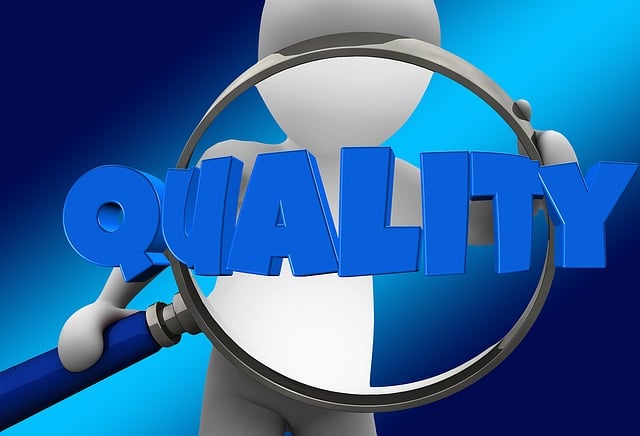
In the context of the UK’s stringent regulatory environment, the necessity of maintaining compliance with industry standards within Quality Assurance (QA) manuals is paramount. QA manuals serve as the backbone for consistent processes and ensure that products meet both legal requirements and customer expectations. The compliance of these documents is not merely a formality but an essential safeguard that protects companies from potential legal pitfalls and ensures that their operations adhere to the highest quality benchmarks. For instance, when UK-based products are destined for international markets, translation services for UK QA documentation become crucial. These translations must accurately convey the rigorous standards and processes set forth in the original manuals, ensuring that language barriers do not compromise compliance or quality. This is particularly important in industries where a single error could lead to product recalls, safety concerns, or legal issues, making the meticulous translation of QA manuals a critical component in maintaining market integrity and consumer trust.
Furthermore, staying compliant with industry standards is an ongoing process that requires continuous monitoring and adaptation to changes in regulations and best practices. The UK’s QA manuals must be regularly reviewed and updated to reflect the latest standards set by bodies such as the Medical Device Regulation (MDR) for medical devices or the Good Manufacturing Practice (GMP) for pharmaceuticals. This ensures that companies remain within the bounds of compliance, avoiding costly fines, product recalls, or loss of consumer confidence. In an era where global markets are increasingly interconnected, the role of translation services in ensuring the accuracy and effectiveness of UK QA documentation cannot be overstated. It is through this lens that businesses must approach the creation, maintenance, and translation of their QA manuals, thereby safeguarding their products and reputation on both national and international stages.
Overview of Industry Standards for UK Quality Assurance Documentation
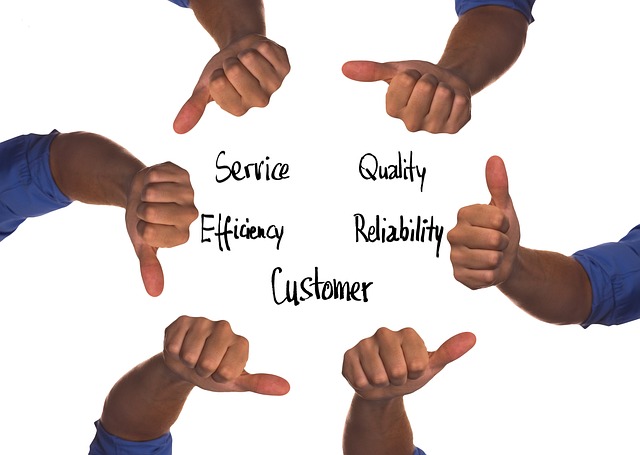
In the realm of UK Quality Assurance, compliance with industry standards is paramount to ensure products and services meet the highest levels of quality and safety. Industry standards for QA documentation in the United Kingdom are governed by a variety of regulations and guidelines, including ISO 9001 and specific sector standards such as ISO/IEC 17025 for testing laboratories or ISO 13485 for medical devices. These standards outline the necessary components and processes that QA documentation should encompass to guarantee consistency and reliability across all operations. For companies aiming to reach international markets, translation services for UK Quality Assurance Documentation are crucial to communicate these standards effectively. Such services ensure that the nuances of quality assurance protocols are accurately conveyed in multiple languages, facilitating global compliance and market entry. Translation must not only be linguistically precise but also technically sound, capturing the technical terminology unique to QA processes without any loss of meaning. This is where specialist translation agencies come into play, offering expertise that bridges language barriers while maintaining the integrity of UK QA documentation. By adhering to these industry standards and leveraging professional translation services, UK companies can navigate the complexities of global trade with confidence, ensuring their QA manuals align with both local and international regulatory expectations.
Key Components of a Compliant UK QA Manual

A UK Quality Assurance (QA) manual that adheres to industry standards is a comprehensive document that outlines the processes, procedures, and criteria for ensuring the quality and reliability of products and services. Central to compliance is the presence of clearly defined roles and responsibilities, which ensure that all personnel involved in the QA process understand their obligations and the expectations placed upon them. This includes detailed descriptions of the quality control measures, validation methods, and verification steps that must be followed meticulously. Additionally, a robust QA manual will include up-to-date references to relevant legislation and regulations, aligning with the standards set forth by bodies such as the Medicines and Healthcare products Regulatory Agency (MHRA) or the International Organization for Standardization (ISO), particularly ISO 9001. To facilitate global understanding, translation services for UK QA documentation are often necessary to ensure that all stakeholders, regardless of language proficiency, can comprehend and adhere to the manual’s guidelines. This is particularly important for companies operating in a multinational context where communication between different departments and with external partners must be clear and precise. Utilizing professional translation services not only enhances compliance but also supports efficient and accurate communication, which is critical for maintaining high standards of quality assurance.
The Role of Translation Services in QA Documentation Compliance
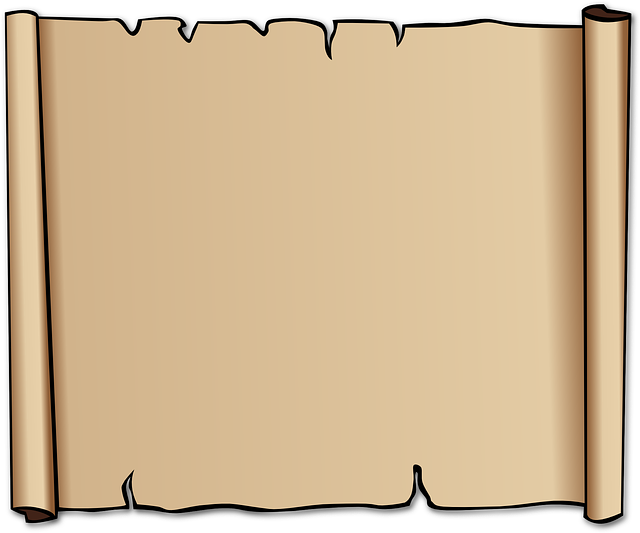
In the realm of Quality Assurance (QA), documentation accuracy and compliance are paramount to ensure that products meet both regulatory standards and customer expectations. For companies operating in the UK, this requires not only the creation of meticulous QA manuals but also their translation into languages relevant to the market or international stakeholders. Translation services for UK QA Documentation play a critical role in this process, providing linguistic precision that aligns with industry standards such as ISO 17100 and EN 15038. These specialized translation services ensure that the nuances of quality assurance terminology are conveyed accurately across different languages, which is essential for maintaining product integrity and safety. By leveraging the expertise of certified translators who are well-versed in both QA protocols and the target language, companies can guarantee that their documentation is not only understood correctly by non-English speakers but also remains compliant with the stringent requirements of the UK’s regulatory bodies. This is particularly important for businesses aiming to enter international markets or collaborate with multinational teams where clear communication cannot be compromised. The use of professional translation services in QA documentation compliance not only avoids potential misinterpretations but also safeguards a company’s reputation and legal standing. It underscores the importance of seamless translation in the globalization of QA manuals, ensuring that every reader, regardless of language proficiency, has access to information that is both accurate and reliable.
ISO Standards: A Closer Look at Their Impact on QA Manuals

In the UK, Quality Assurance (QA) manuals play a pivotal role in maintaining high standards across various industries, including healthcare, pharmaceuticals, and manufacturing. These manuals are not merely procedural guides but are also a testament to an organization’s commitment to quality, safety, and regulatory compliance. A significant aspect of these QA manuals is their alignment with International Organization for Standardization (ISO) standards, which provide a global benchmark for quality management systems. ISO standards such as ISO 9001 and ISO 13485 are critical in establishing frameworks that help organizations ensure the quality of their products and services consistently. For UK entities operating within international markets or seeking to do so, ensuring compliance with these standards is not just a best practice but a necessity for credibility and market access. Translation services for UK QA Documentation are instrumental in this process, as they facilitate understanding and implementation across multilingual environments, ensuring that the nuances of quality assurance terminology are accurately conveyed in different languages. These services are indispensable for organizations looking to expand globally or for those who collaborate with international partners, as they guarantee that QA manuals communicate the correct protocols, procedures, and standards without ambiguity. The impact of ISO standards on QA manuals is profound, influencing document structure, content, and the overall approach to quality management. By adhering to these standards, UK businesses not only improve their internal processes but also demonstrate a level of professionalism that can enhance their reputation and competitive edge in a globalized marketplace.
Navigating MHRA Guidelines for Pharmaceutical QA Documentation

Companies operating within the pharmaceutical sector in the United Kingdom must adhere to stringent quality assurance (QA) standards set forth by regulatory bodies, such as the Medicines and Healthcare products Regulatory Agency (MHRA). The MHRA guidelines are comprehensive, detailing the necessary documentation and records that must be maintained to ensure product safety, efficacy, and compliance. For businesses looking to translate their QA documentation into different languages or make it accessible for international stakeholders, professional translation services for UK Quality Assurance Documentation are indispensable. These services not only facilitate understanding across diverse teams but also ensure that all translated materials meet the exacting standards of the MHRA and other relevant regulatory bodies. The process involves a meticulous approach to capture the technical nuances and regulatory specifics within each language, guaranteeing that the integrity of the original documents is preserved. By leveraging expertise in pharmaceutical QA documentation, translation services ensure that companies can navigate the complex landscape of regulatory compliance with confidence, thereby upholding their commitment to patient safety and product quality. It is imperative for organisations to select translation providers with a proven track record in the industry, as this guarantees that all translated QA manuals will align with the MHRA guidelines, safeguarding against any potential non-compliance issues.
The Importance of Consistency and Accuracy in UK QA Manuals

In the realm of UK Quality Assurance (QA), consistency and accuracy are paramount, especially when it comes to QA manuals. These documents serve as the bedrock for maintaining high-quality standards within an organisation, ensuring that products and services meet both internal expectations and external regulatory requirements. The importance of these manuals cannot be overstated; they provide a systematic approach to quality control processes and procedures, which is crucial for businesses looking to expand their reach or enter new markets. For companies operating on a global scale, the need for precise and reliable translation services for UK QA Documentation becomes evident. Accurate translations ensure that the core principles of QA are not lost in translation, maintaining the integrity of processes across different languages and cultures. This is particularly important when the target audience or market does not share the same linguistic background as the original document’s authors, necessitating a translation that conveys the exact meaning and nuances of the source material.
Moreover, the consistency in language and content across all QA manuals, regardless of the version or language, is essential to avoid confusion and errors. Consistent terminology and format across translations allow for seamless understanding and application of QA practices, which is critical when multiple teams or departments are involved. This uniformity not only facilitates internal communication but also aligns with international standards, such as ISO 17100 for translation services, ensuring that the translated QA manuals meet the same stringent quality criteria as their English counterparts. Employing expert translation services for UK QA Documentation is a strategic investment in maintaining compliance with industry standards and fostering a culture of quality and excellence within the organisation.
Best Practices for Maintaining Compliance in UK QA Documentation

Organizations operating in the UK must adhere to stringent quality assurance (QA) standards to ensure product compliance and consumer safety. Maintaining compliance with industry standards in UK QA documentation is a multifaceted task that requires consistent vigilance and updating of procedures. One of the best practices for maintaining compliance is to regularly review and update QA manuals against the latest regulatory requirements, such as those set by the Medicines and Healthcare products Regulatory Agency (MHRA) or the ISO standards. This process should involve a cross-functional team that includes not only QA personnel but also experts in regulatory affairs and translation services for UK Quality Assurance Documentation. By doing so, organizations can ensure that all documentation is accurate, up-to-date, and comprehensible to stakeholders who may require translations, thus facilitating global understanding and adherence.
Furthermore, leveraging specialized translation services for UK Quality Assurance Documentation is crucial when dealing with multinational teams or international regulatory bodies. These services not only provide linguistic accuracy but also cultural context awareness, which is essential to avoid misinterpretations of QA procedures. Additionally, utilizing advanced software and human expertise in such services can streamline the translation process and reduce the risk of human error. To uphold compliance, it is imperative to establish a formal schedule for routine reviews and audits of QA documentation. This systematic approach ensures that any changes in regulations or industry best practices are promptly reflected in the manuals, thus maintaining the integrity and efficacy of quality management systems within the UK context.
Leveraging Technology for Ensuring Compliance in UK QA Manuals
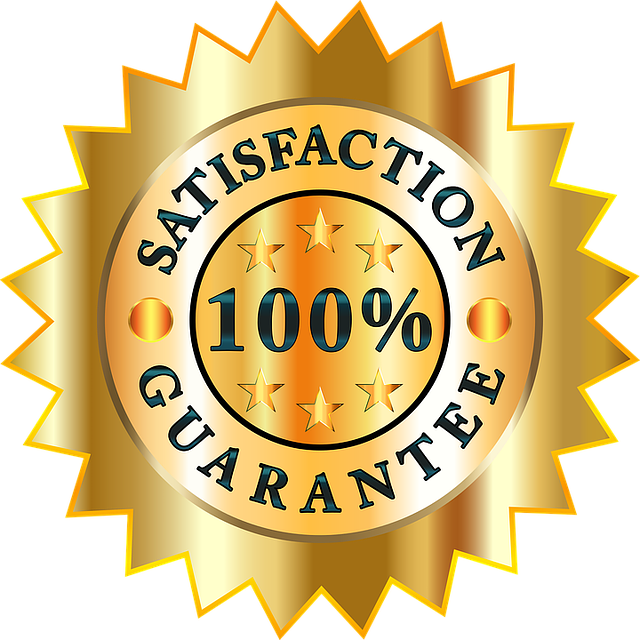
In the current regulatory environment, maintaining compliance with industry standards within UK Quality Assurance (QA) manuals is a paramount concern for organisations across various sectors. Leveraging technology has become indispensable in this endeavour, as it not only streamlines QA processes but also ensures that documentation adheres to the stringent requirements set forth by bodies such as the Medicines and Healthcare products Regulatory Agency (MHRA) and the International Organization for Standardization (ISO). Translation services play a crucial role in this context, facilitating accurate and reliable translations of QA documentation to meet the needs of global teams. Advanced translation management systems can now offer context-aware translations, ensuring that the nuances within technical specifications are accurately conveyed across languages. These systems also incorporate continuous updates to align with evolving industry standards, thus maintaining the integrity of the documentation. Furthermore, these technologies often come with built-in compliance checkers that compare translated content against original documents, flagging discrepancies for review. By harnessing these technological advancements, UK companies can ensure that their QA manuals are not only compliant but also robust and ready to navigate the complexities of global markets. The integration of technology in translation services for UK Quality Assurance Documentation is a testament to the adaptability and commitment of the industry to uphold high standards of quality and compliance.
Case Studies: Successful Compliance of UK QA Manuals Across Different Industries
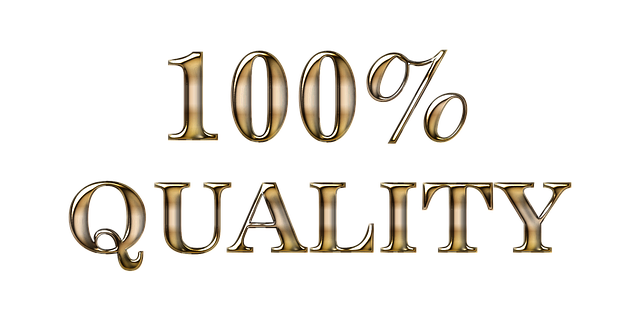
UK-based organisations, particularly those operating within regulated industries such as pharmaceuticals, aerospace, and automotive, are well aware of the stringent quality assurance standards they must adhere to. A notable case study in this realm involves a medical device company that streamlined its QA processes by leveraging professional translation services for UK Quality Assurance Documentation. This company faced the challenge of ensuring their procedures met both the Medical Devices Regulation (MDR) and the In Vitro Diagnostic Regulation (IVDR), which necessitated precise documentation in multiple languages. By partnering with a specialist translation service, the company successfully translated its QA manuals into several European languages while maintaining compliance with industry standards. This effort ensured that all stakeholders, including international regulatory bodies, had access to accurate and consistent QA information, thereby facilitating seamless communication and compliance across different regions.
Another example is a leading UK pharmaceutical firm that, upon expanding its operations into new global markets, required its QA manuals to be not only compliant with Good Manufacturing Practice (GMP) but also accessible in various languages for international staff and regulatory agencies. The company invested in high-quality translation services specialising in UK Quality Assurance Documentation. This strategic move allowed for the precise translation of complex QA terminology and processes, which was critical for maintaining the integrity and consistency of their quality control measures across all operations. As a result, the firm upheld its standards and ensured regulatory compliance in every market it entered, demonstrating the effectiveness of professional translation services in navigating the complexities of international QA documentation.
Ensuring that UK Quality Assurance (QA) manuals align with industry standards is not just a regulatory necessity but a cornerstone of operational excellence and patient safety. This article has illuminated the critical components and best practices for maintaining compliance, emphasizing the role of translation services for UK QA documentation in bridging language barriers without compromising on quality or adherence to guidelines. By staying abreast of ISO standards and navigating the MHRA’s stringent requirements, organizations can uphold the integrity of their QA manuals, fostering trust and reliability across various industries. In an ever-evolving regulatory landscape, leveraging technology and embracing a proactive approach to compliance ensures that UK QA documentation remains a testament to quality and safety, ultimately safeguarding the end user and enhancing global market competitiveness.
